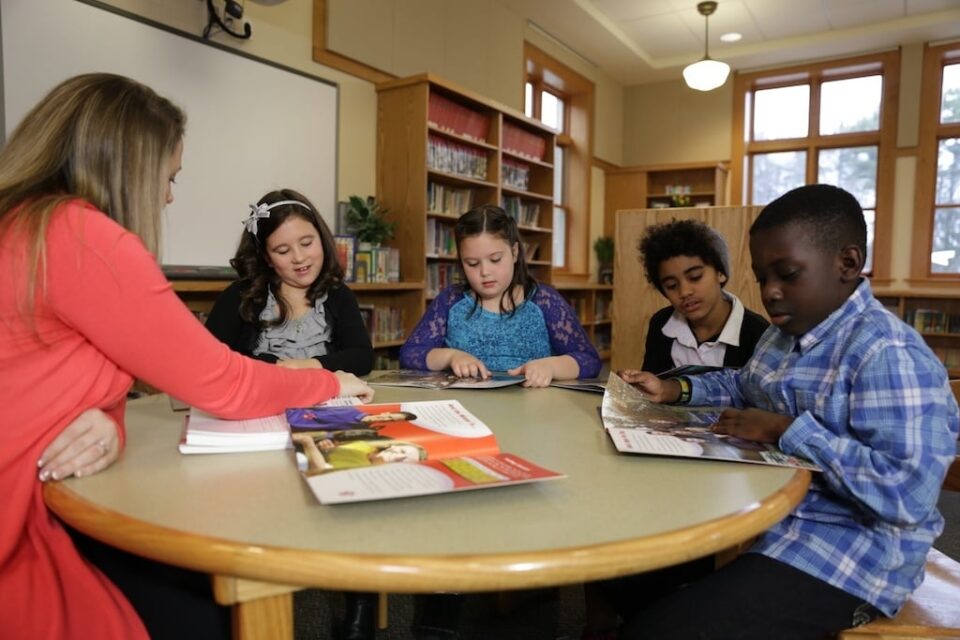
According to recent research on the importance of early literacy skills, students not reading proficiently by the end of third grade are four times more likely than proficient readers to drop out of high school, (Hernandez 2011). By now, you are starting to identify those students in your third-grade classrooms who are struggling. It’s not too late or too soon to help them and here’s how:
“School districts seeking to close the achievement gap must consider good classroom assessment, multiple layers of intervention, and the ongoing development of highly qualified teachers.” ~Fountas and Pinnell
Know Your Students
Observational assessment is an essential daily tool. Every student is different, so in order to know how to lead them forward, you must meet them where they are. Assessment that provides precise, reliable, and valid information allows us to make valid judgements about what students have learned how to do as readers; what they need to learn how to do next; and what teaching moves will support them.
Give Them LOTS of Great Books!
A third-grade classroom should be rich in literacy opportunities. Students need a wide range of high-quality books that captivate and engage them as they participate in interactive read-aloud, shared reading, guided reading, book clubs, and independent reading. “Our job as teachers is to assure our students fall in love with books and develop a passion for authors, illustrators, genres, and topics. So the first business of our teaching is to assure our students want to read,” (Fountas and Pinnell 2017).
Intervention
Through systems like the Fountas & Pinnell Leveled Literacy Intervention Red System for grade 3, you can give your struggling third-grade readers the chance to catch up to grade level quickly. This systematic, small-group intervention uses intensive, supportive lessons and—most importantly—engaging, original books that are sure to spark a love for reading, which is always the goal. Click below to see sample books and lessons.
“Progress is not enough; struggling readers need to make faster progress than their peers, and that is the whole purpose of intervention,” (Fountas and Pinnell).
~The Fountas & Pinnell Literacy™ Team
REFERENCES
Donald Hernandez, Double Jeopardy: How Third-Grade Reading Skills and Poverty Influence High School Graduation (Baltimore: The Annie E. Casey Foundation, 2011).
Fountas, I.C. & Pinnell, G.S. (2017). Guided Reading: Responsive Teaching Across the Grades, Second Edition. Portsmouth, NH: Heinemann.
Join the fastest growing community in the field of literacy education. Get your free membership and stay up to date on the latest news and resources from Fountas and Pinnell at www.fountasandpinnell.com
For a well-organized, searchable archive of FAQs and discussions that are monitored by Fountas and Pinnell-trained consultants, go to our Discussion Board at www.fountasandpinnell.com/forum
For more collaborative conversation, join the Fountas & Pinnell Literacy™ Facebook Learning Group at https://www.facebook.com/groups/FountasPinnell/


